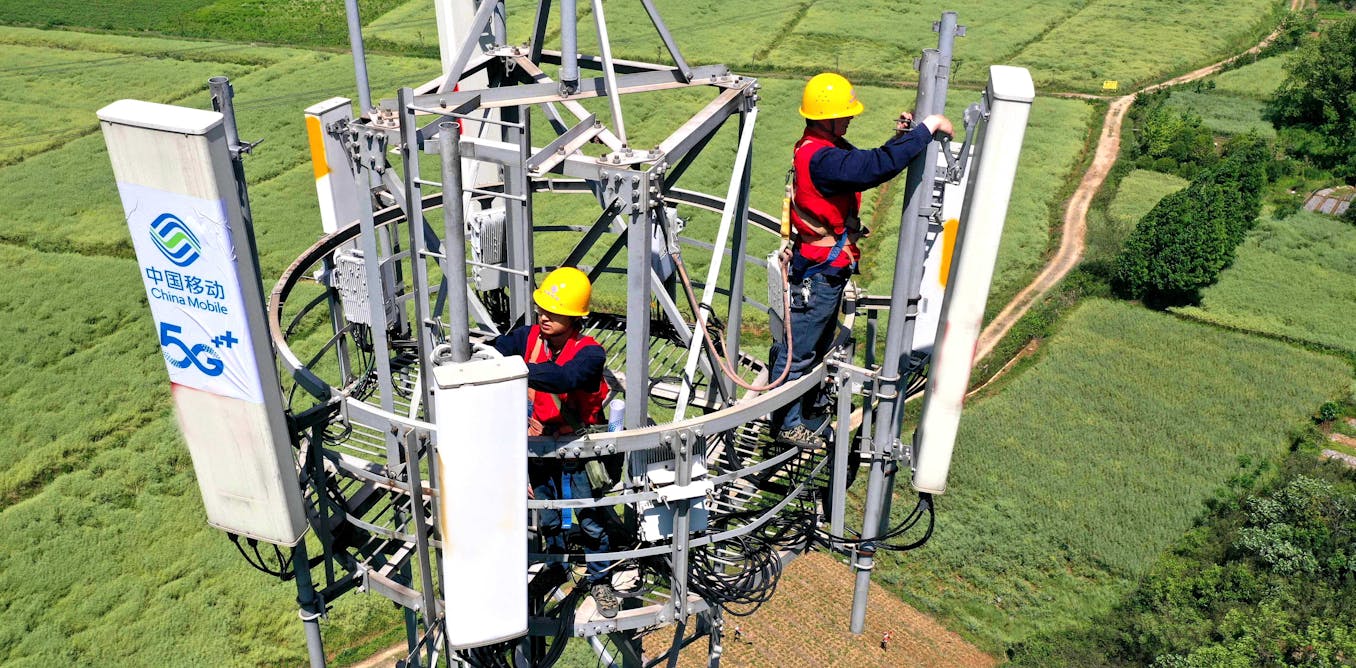When fishing boats go dark at sea, they're often committing crimes – we mapped where it happens
Understanding when, where and why fishing vessels sometimes turn off their transponders is a key step toward curbing illegal fishing and other crimes on the high seas.
Dec. 21, 2022 • ~9 min







